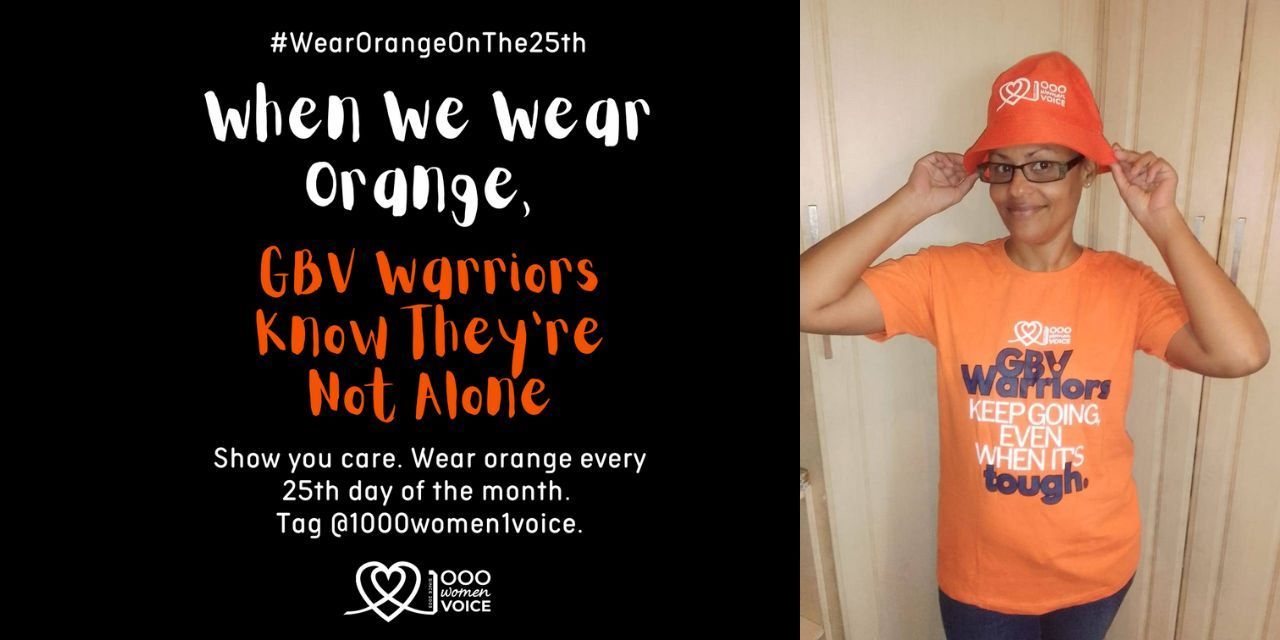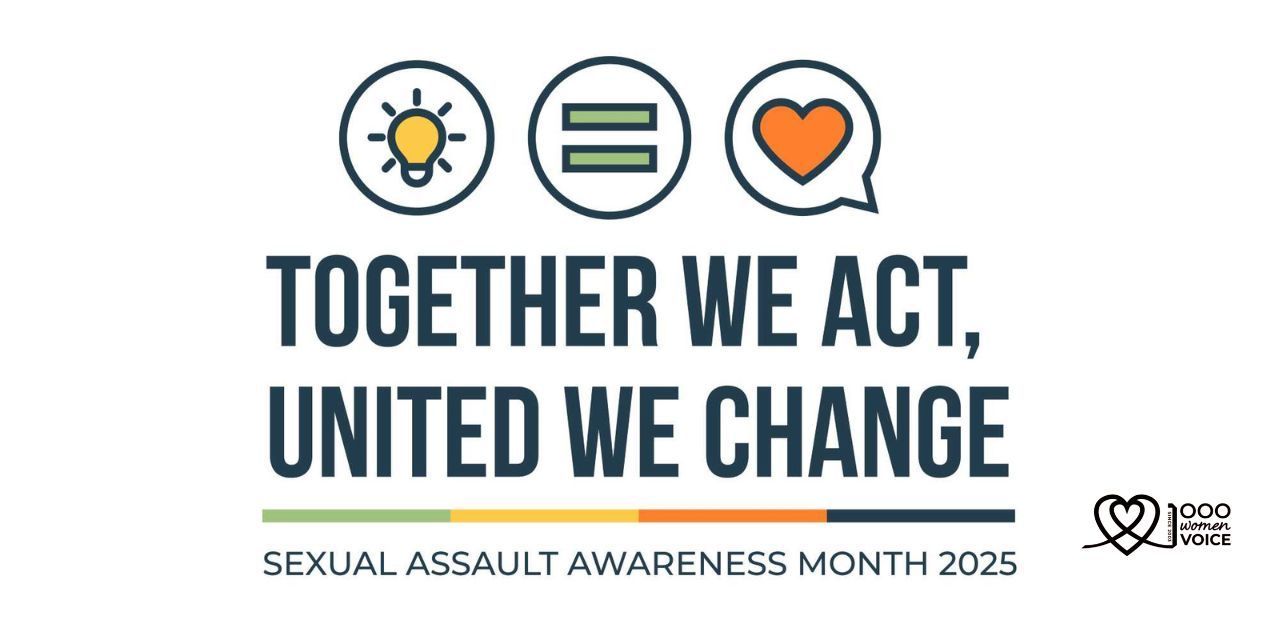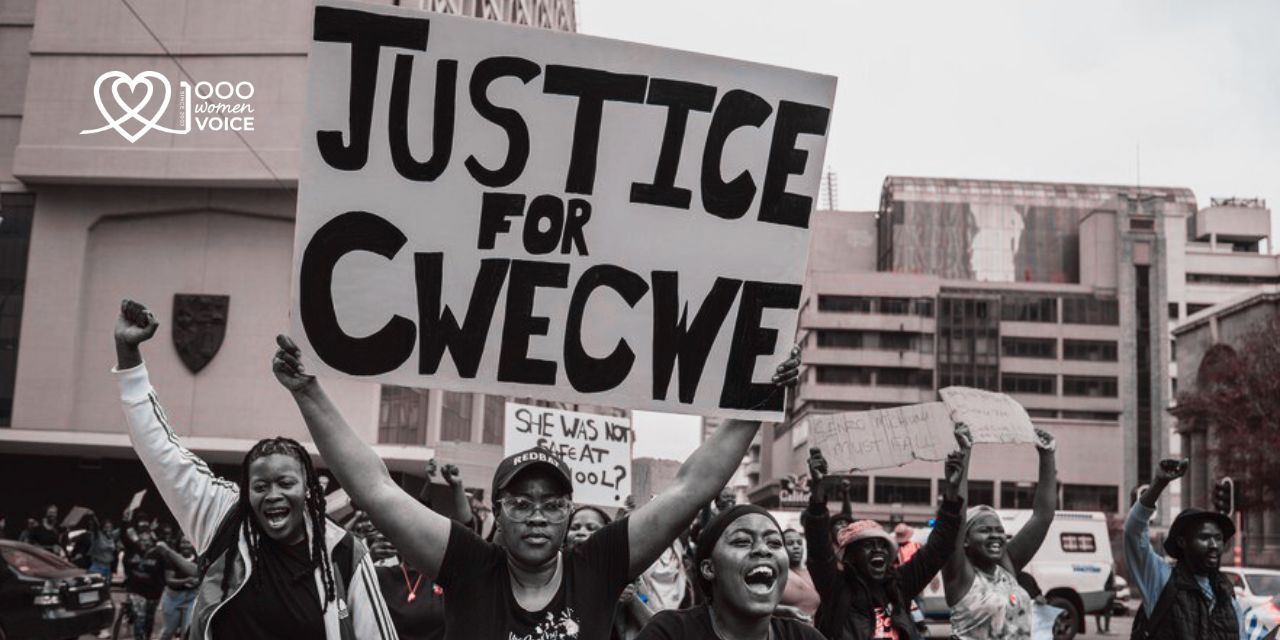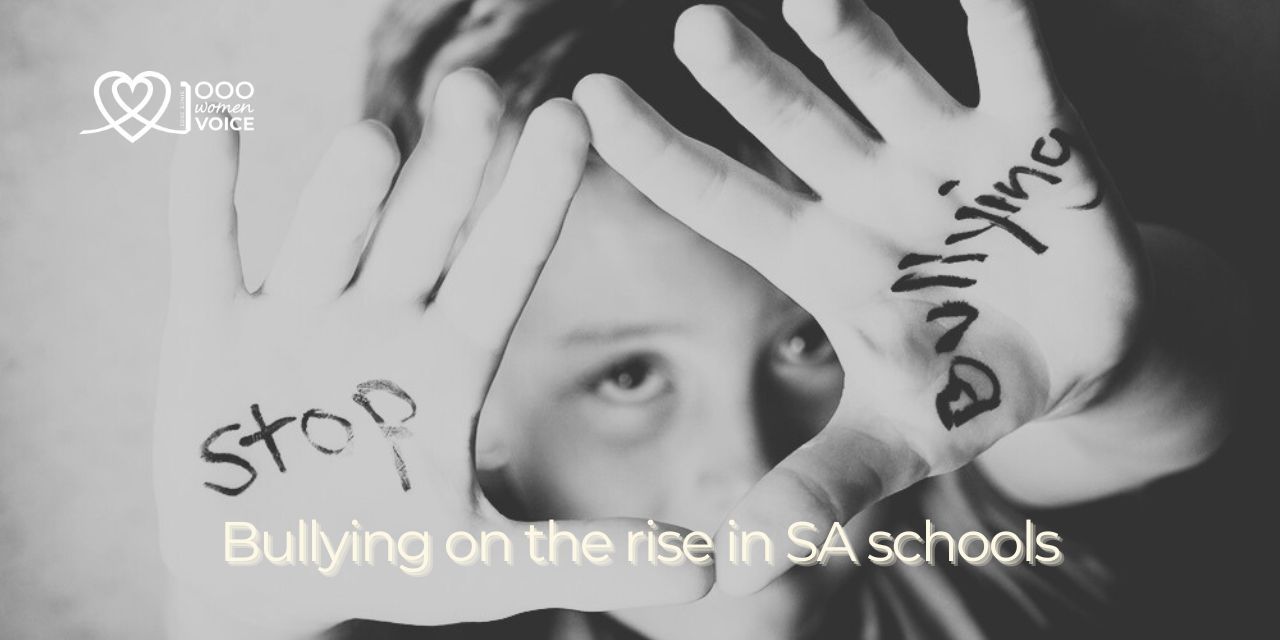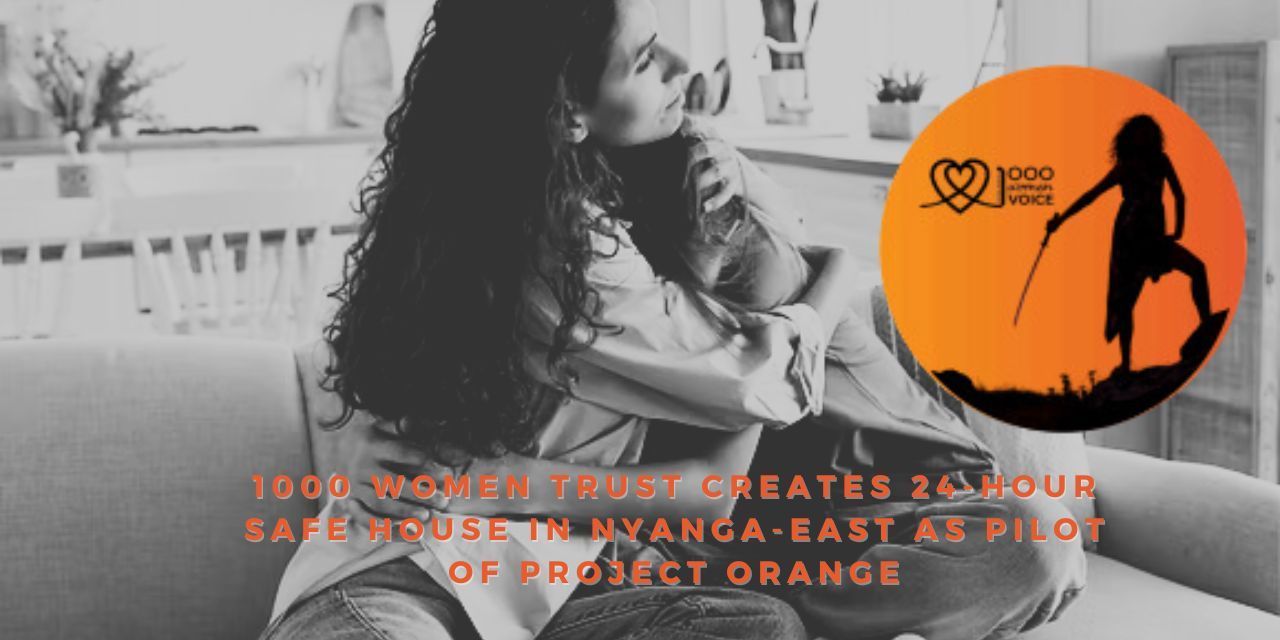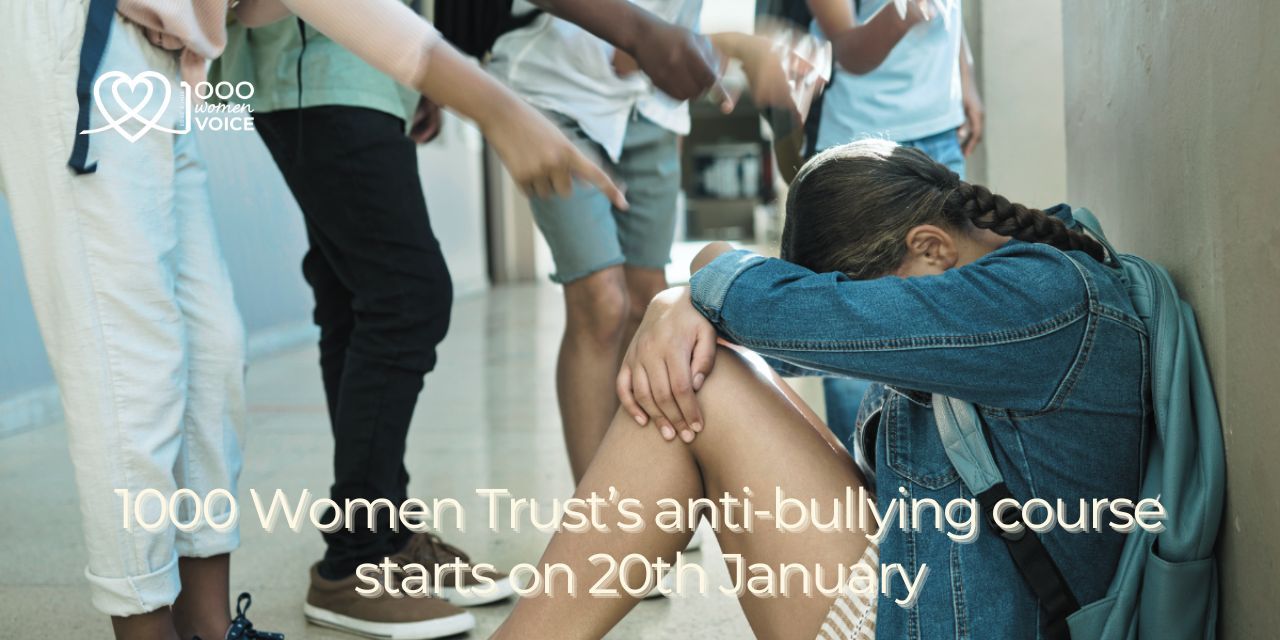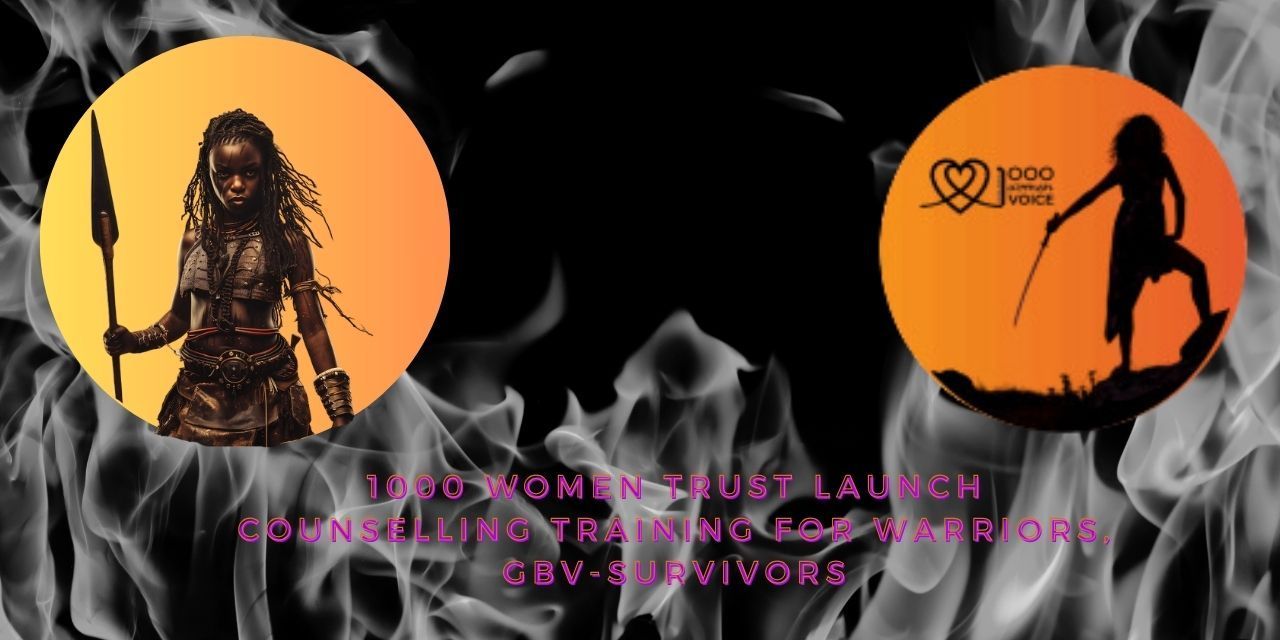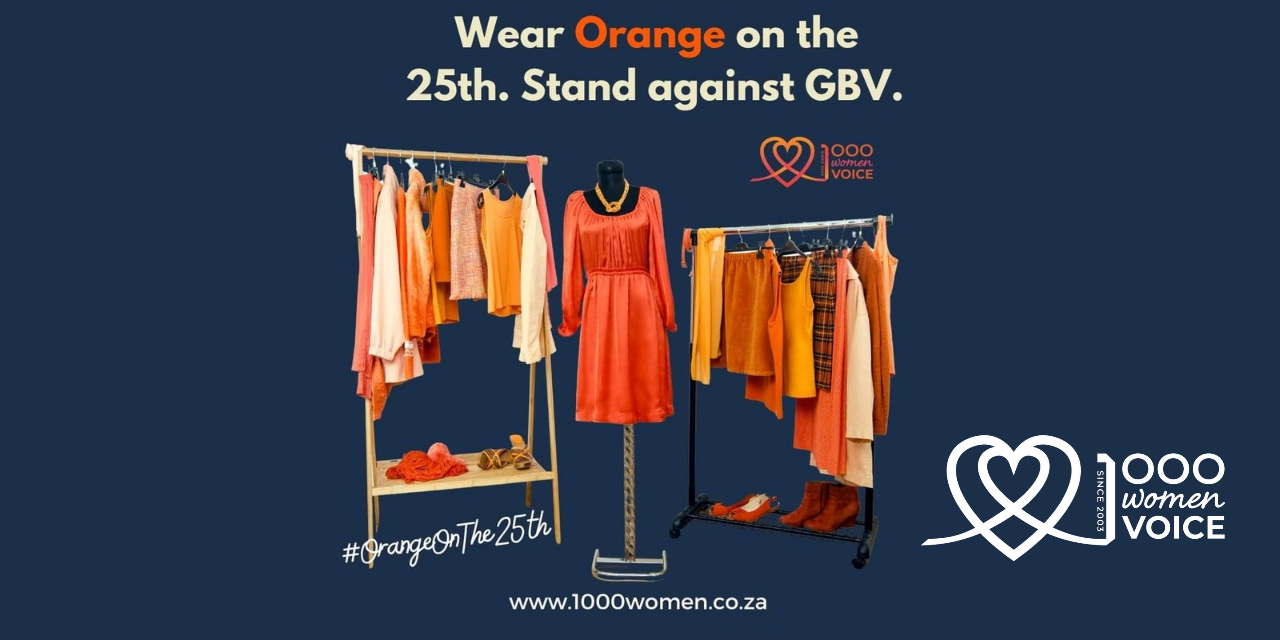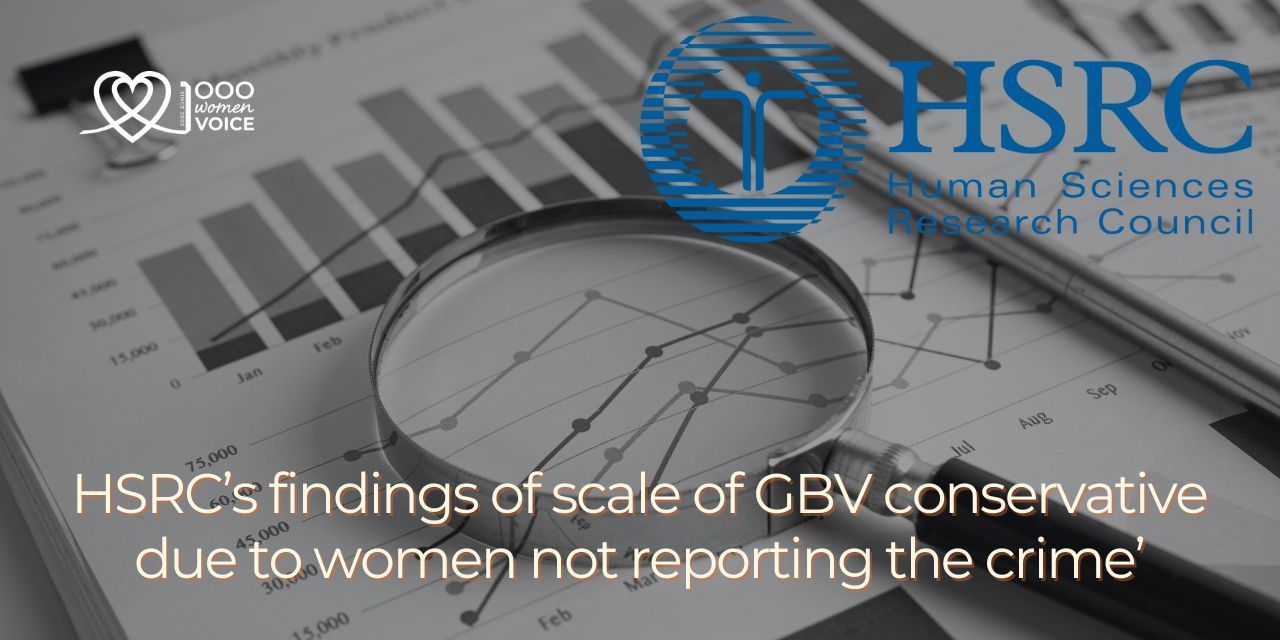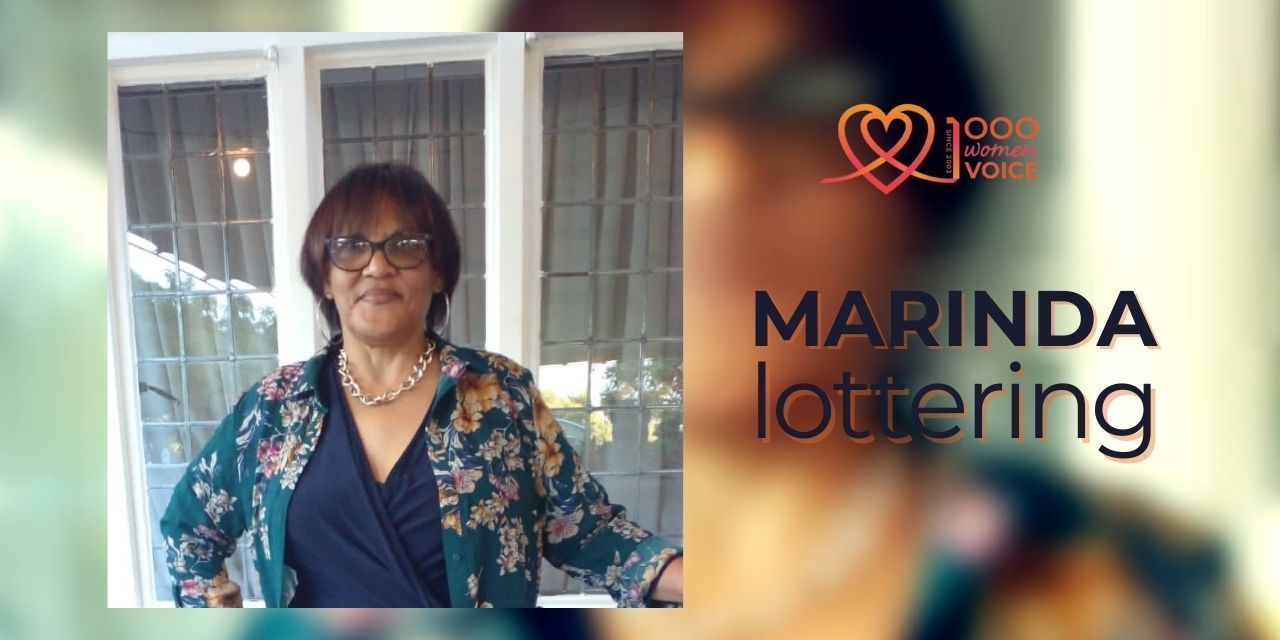Fourteen Women's shelters in the Western Cape face imminent closure if they don’t receive emergency funding
Fourteen Women's shelters in the Western Cape face imminent closure if they don’t receive emergency funding
Fourteen of the twenty shelters that form part of the Western Cape Women’s Shelter Movement (WSM) face closure imminently should they not be able to raise emergency funding, said Delene Roberts, chairperson of the Western Cape Women’s Shelter movement.
Shelters are unable to raise sufficient funds to cover the deficit in their budgets after the allocation of funding received from the department of social development.
One of these shelters might have to close at the end of December, while many of the other 13 could only survive for another two to three months.
Letting women and children return to the homes of some of the most brutal sexual offenders and abusers in the world, is almost unthinkable for the shelter movement.
Tina Thiart, director of 1000 Women Trust, a women-led organization that is at the forefront of fighting the pandemic of gender-based violence, said: “We are shocked to hear about the financial challenge of the shelters in the Western Cape. As 1000 women Trust, we have evidence that gender-based violence spike during the holidays and that many women will need shelter from 16th December when many companies close their doors. We appeal to the government to keep their promise and look at alternative funding for the shelters. The gender-based violence response fund should also provide much needed funding to the shelters. We call on women in South Africa to support the shelter movement and to donate to the shelter near you.”
Roberts said the situation is exacerbated by the escalating economic crisis and rising costs for basic goods. Shelters forming part of the Western Cape Women’s Shelter Movement offer services raging from short- and long-term shelter to legal, psychological and economic empowerment services to women and children survivors of gender-based violence.
Roberts explains: “We urgently need the private sector to support the fight against gender-based violence, shelters cannot do this alone.” Kathy Cronje, vice chairperson of the Western Cape Women’s Shelter Movement adds: “To put it simply, many of us will not be able to continue to offer services very shortly, if we do not receive emergency assistance.”
About 310 people in 14 shelters would be affected if the shelters face closure. “One of the shelters only have enough funding until the end of December, while the others can only survive for two or three months,” Roberts continued.
“If they do close, we will try and accommodate the women at the other shelters, but what happens if those shelters are full. The women might face primary abuse and trauma if they would have to go back to the homes where the perpetrators of gender-based violence live. That would be a primary trauma, and then there is secondary trauma if they have to report abuse to the police. A third level of trauma would be if they are told that the shelter movement can no longer afford to accommodate them,” said Roberts.
She said she cannot speak on behalf of the other shelters, but the shelter she is involved with, will need approximately R40000 to R50 000 per month to carry on, Roberts said.
More than 13000 women were victims of assault with intent to cause grievous bodily harm between July and the end of September 2022, while 1277 women were victims of attempted murder, and 989 women were murdered between July and September. More than 10000 rape cases were opened at SAPS during the same period.
Kathy Cronjé, vice chairperson of the Western Cape Women’s Shelter movement and director at the Safe House, said the twenty managers of the Western Cape Women’s shelter movement will fight hard in order to keep the women at the shelters. “it is unthinkable to have a situation where the doors of shelters must be closed. We don’t want women to return to the homes of the offenders.
“COVID 19 was horrendous because of multiple reasons but one of those was that there was donor and funding fatigue. Less money is spent on corporate social responsibility, but there is still money out there.
“The scale of gender-based violence in South Africa is five times that of the global average. Why is money not pouring into South Africa to manage this crisis and eradicate gender-based violence. We at the shelters are at the coalface of the fight of gender-based violence, and we desperately need the private sector and private donors to assist us,” she added.
People who want to assist the Western Cape Shelter movement, can contact Delene Roberts on 063-7745789 or manager@sisters.org.za or Kathy Cronje on on 0842079102 or kathy@thesafehouse.org.za.
1000 Women Trust is a women’s organization that aims to raise awareness around gender-based violence, rape and abuse and mobilize resources. These resources make it possible for the Trust to assist women-led organizations with grants and skills development.
Thairt said NPOs have stepped up and are playing their part, we now ask all South Africans to support the shelters. Please contact 1000 Women Trust on 0732079079 if you need the address of a shelter near you
For more information, contact 1000 Women Trust on info@1000women.co.za or visit the website on www.1000women.co.za.
